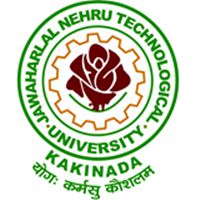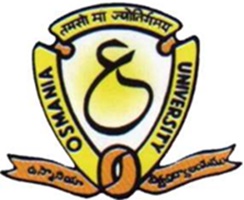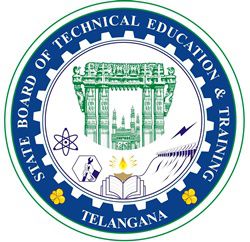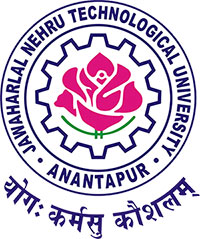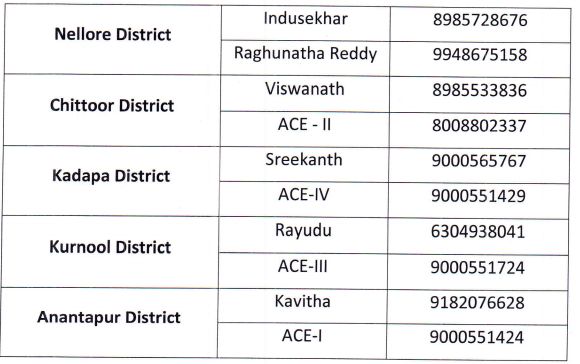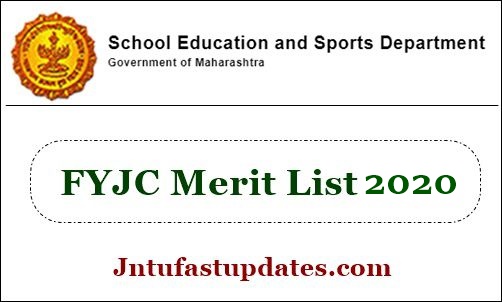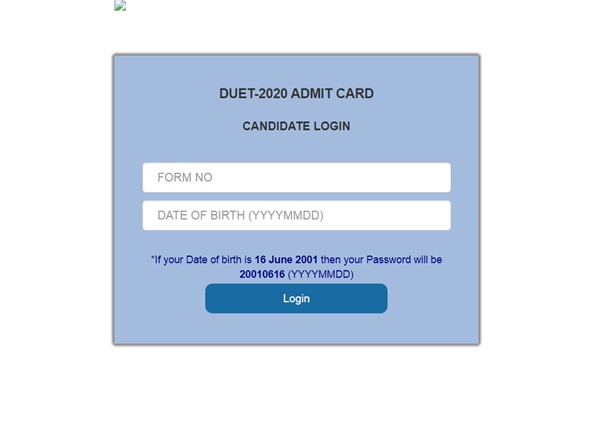AP Grama Volunteer 2020 Apply Online Application Form Registration Link for 1359 Jobs Notification: Andhra Pradesh Grama/Ward Volunteer Recruitment Notification 2020 has been announced at official website gramavolunteer.ap.gov.in. Eligible candidates can check Notification Registration Apply for AP Grama Volunteer Posts online application link and check the details of education qualifications, age limit, Apply online procedure at official website.
AP Grama Volunteer Notification 2020 – Apply Online Link Application Form
AP Grama Volunteer Notification 2020: Andhra Pradesh Grama Volunteer notification 2020 was announced by the government. AP CM YS Jaganmohan Reddy officially signed on the AP Grama Volunteer file. The processing is underway for recruitment. The application process is scheduled to be held from August. Final merit list of selected candidates will be announced in September/October. The training for the selected candidates will be given from October. While the Government of AP announced that women candidates will be given the higher preference for recruitment as part of the women empowerment. 50% of the volunteer posts will be offered to women. Candidates will be shortlisted through the interview round. Interested and eligible candidates can apply through the AP Official portal.
Krishna District Notification Details
1. Notification inviting applications : 26-08-2020
2. Receipt of application: 26-08-2020 to 27-08-2020
Nellore District Notification Details
1. Notification inviting applications: 28-08-2020
2. Receipt of application: 28-08-2020 to 01-09-2020
Chittoor District Notification Details
1. Notification inviting applications : 28-08-2020
2. Receipt of application : 29-08-2020 to 04-09-2020
Vacancy Posts – District Wise
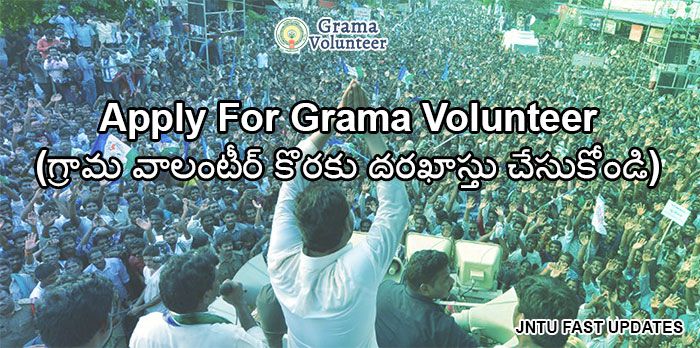
AP Grama Volunteer Apply Online Link (Application Form)
AP Grama Volunteer Application link for apply online is available now, along with official website. So Candidates Apply for grama volunteer posts below.
Please Make Sure Your Compliance Match With Below Conditions Or Not And Should Be Ready Before Filling The Application/అప్లికేషన్ దరఖాస్తు కొరకు క్రింది అర్హతలు సరిచూసుకోగలరు
1. కనీస విద్యార్హత పదవ తరగతి.
2. Age should be 18-35 yrs as on 01.11.2019 నాటికి వయస్సు 18-35 సంవత్సరాలు ఉండాలి
3. Applicant should be resident of the same Panchayat/దరఖాస్తుదారు అదే పంచాయతీకి నివాసి అయ్యి ఉండాలి
4. Integrated caste certificate for other than OC/ OC కానివారు కుల ధృవీకరణ పత్రాన్ని అందించాలి
5. Legible scanned copies of the educational certificates
Documents Required For Grama Volunteer Apply Online 2020
- AAdhaar Card (విలేజ్ వాలంటీర్ గా దరఖాస్తు చేయబోవు అభ్యర్థులకు ఆధార్ తప్పని సరి… ఒక వేళా ఆధార్ లేని పక్షం లో మొబైల్ నెంబర్ తో రిజిస్టర్ చేసుకొని 10 రోజులలో ఆధార్ ను జత చేయవలెను.)
- RATION CARD/ VOTER CARD/ RESIDENCE CERTIFICATE/ BANK PASS BOOK
- 10th Class Cerificates
- Cast Certificate (OC తప్ప మిగతా కులాల వాళ్ళు కుల దృవీకరణ పత్రములో నెంబర్ ఎంటర్ చేసి VERIFY చేసుకొని కుల దృవీకరణ పత్రాన్ని అప్లోడ్ చేయాలి.)
Step by Step Procedure To Apply For AP Grama/Ward Volunteer Posts
గ్రామ/వార్డ్ వాలంటీర్ల అప్లికేషన్ మొదలు అయినది. అప్లై చేసుకొనే పద్దతి:
AP Grama Volunteer Apply Online Link (Application Form) | Server-2 – Released
Apply For Grama/Ward Volunteer/గ్రామ/వార్డ్ వాలంటీర్ కొరకు దరఖాస్తు చేసుకోండి – Released
AP Grama Volunteer Application Status
Grama Volunteer Official Website: gramavolunteer.ap.gov.in
How to Apply Telugu User Manual (Applicant)
How to Apply English User Manual (Applicant)
STEP 1: ముందుగా పైన ఇచ్చిన లింక్ ని క్లిక్ చేసి మేకు అర్హత ఉందొ లేదో తెలుసుకోండి.
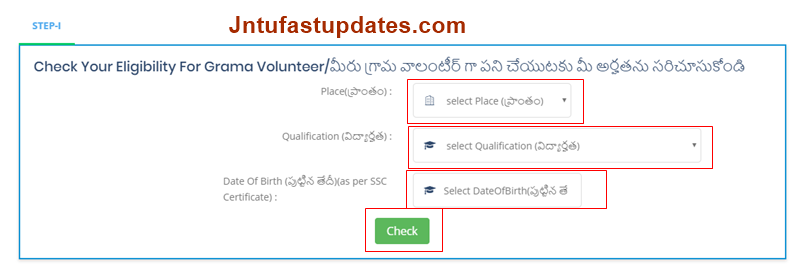
STEP 2: అర్హత ఉంటే మీ ఆదార్ నెంబర్ ఎంటర్ చేయండి.OTP వస్తుంది. OTP ఎంటర్ చేసాక VERIFY పై క్లిక్ చేయండి.
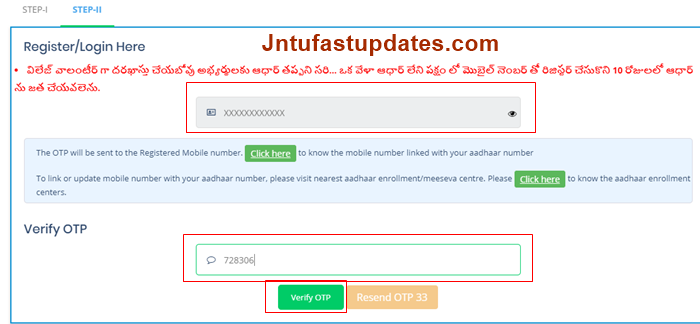
STEP 3: తరువాత పేజి లో ఫోటో మరియు రెసిడెన్స్ ప్రూఫ్ ( RATION CARD/ VOTER CARD/ RESIDENCE CERTIFICATE/ BANK PASS BOOK ఏదో ఒకటి) అప్లోడ్ చేయాలి.
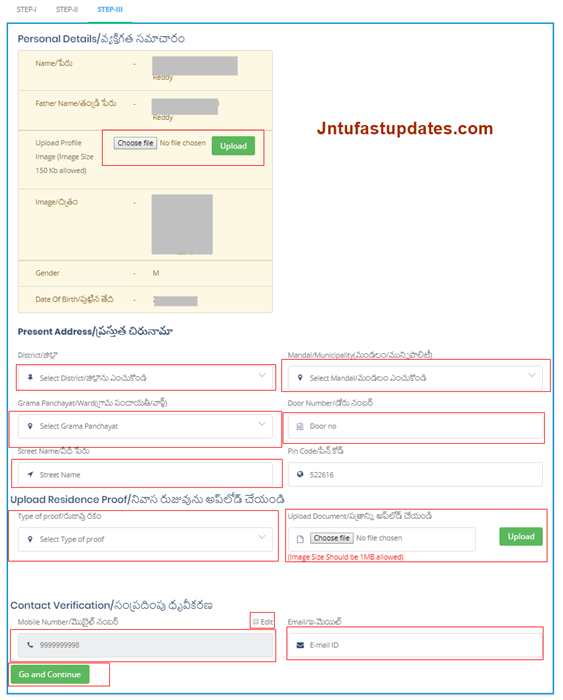
STEP 4: తరువాత మీ యొక్క ఎడ్యుకేషనల్ డీటెయిల్స్ ఇవ్వాలి. మీ అర్హత ని బట్టి పదవ, ఇంటర్ , డిగ్రీ డీటెయిల్స్ తో పాటుగా వీటిని అప్లోడ్ కూడా చేయాలి.
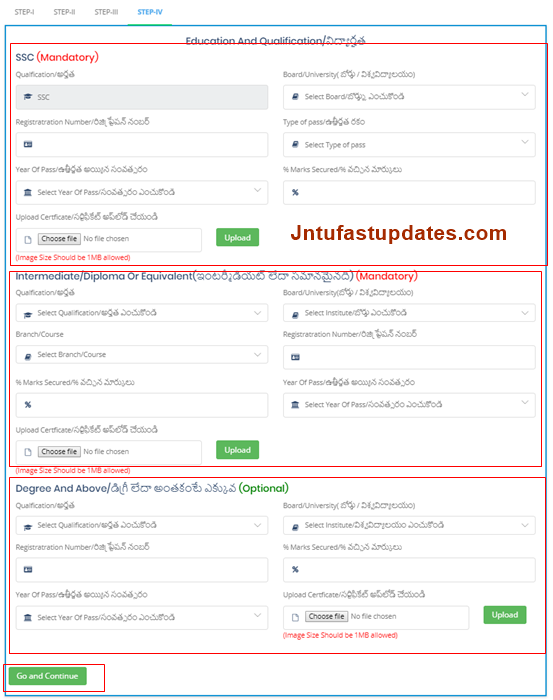
STEP 5: తరువాత మీ యొక్క కులము ఎంటర్ చేయాలి. OC తప్ప మిగతా కులాల వాళ్ళు కుల దృవీకరణ పత్రములో నెంబర్ ఎంటర్ చేసి VERIFY చేసుకొని కుల దృవీకరణ పత్రాన్ని అప్లోడ్ చేయాలి.

STEP 6: చివరగా APPLY పై క్లిక్ చేయండి. మీకు ఒక నెంబర్ DISPLAY అవుతుంది.
AP Grama Volunteer Posts District-wise:
| Andhra Pradesh Districts Names | No of Grama Volunteer Posts |
| Anantapur | Update Soon |
| Chittoor | Update Soon |
| East Godavari | Update Soon |
| Guntur | Update Soon |
| Krishna | Update Soon |
| Kurnool | Update Soon |
| Prakasam | Update Soon |
| Sri Potti Sriramulu Nellore | Update Soon |
| Srikakulam | Update Soon |
| Visakhapatnam | Update Soon |
| Vizianagaram | Update Soon |
| West Godavari | Update Soon |
| Y.S.R Kadapa | Update Soon |
| Total | 10,700 Posts |
AP Gram Volunteer Notification Apply 2020:
Latest News
AP Grama Volunteer Recruitment 2020 – Important Information
- For application process and recruitment of Grama volunteer posts, AP Government is soon going to launch an exclusive portal.
- To apply for AP Grama Volunteer posts, candidates must have the minimum educational qualification of a graduate degree for the candidates residing in cities, Intermediate for the candidates residing in villages, and 10th class for the people residing in Tribal regions.
- Applicant’s age limit must be in between 18 to 35 years.
- For the selection of candidates, the Government is going to appoint officers committees in Mandal and village level.
1. NOTIFICATION:
The Notification shall be issued in Telugu in two Telugu Daily News Papers by the District Collectors concerned.
2. NUMBER OF VOLUNTEERS:
As informed by the Districts, out of total 1,92,964 volunteer posts in rural areas, 1,83,290 Village Volunteers are working at present in the State. 9,674 posts are vacant. However, the exact Number of vacant positions of Village Volunteers shall be arrived at by the respective District Collectors before issuing the notification.
3. ELIGIBILITY:
The applicant must belong to the Village/Gram Panchayat for which she/he is applying.
4. EDUCATIONAL QUALIFICATIONS:
The applicant must have passed at least 10th Class or its equivalent on the date of the application.
5.RESERVATION:
Rule of reservation is applicable as per the rules in vogue. 50% of posts within each category will be considered for women. Wherever vacancies arised due to non availability of certain communities those vacancies may be filled with other available communities. First, Mandal should be taken as the unit for fixing RoR. In case, no candidates of a particular category are available in the Mandal, District may be taken as the unit. But, in the scheduled tribal areas only ST candidates shall be appointed. In case, in a particular village in the Scheduled area no eligible ST candidate is available, the same may be appointed from the adjacent village.
6. AGE:
The applicant shall be of at least 18 years of age as on 01.11.2019 and shall have not exceeded 35 years.
7. HOW TO APPLY:
The candidates shall apply online through Website link http://gramavolunteer.ap.gov.in
8. METHOD OF SELECTION:
All eligible applicants shall be called for interview by the Selection Committee consisting of MPDO/ Tahsildar / EO(PR&RD).
The interview board will select the most eligible applicants based on the following parameters:
1. Behavioral Skills-15 marks
i. Value System [Honesty, Discipline, Morality]
ii. Empathy for the poor
iii. Social Responsibility
iv. Result Orientation
2. General Awareness - 20 marks
i. Various Government Programmes and Welfare Activities
ii. Social and Local Problems
iii. Village Development Plans [his/her ideas]
3. Soft Skills - 15 marks
i. Leadership Qualities
ii. Good Communication Skills
Each member of interview board will award marks to each applicant in the interview for a maximum of 50 marks. The average marks (of the three) obtained by the applicant out of 50 will be reckoned for selection of Village Volunteers.
The letter of engaging the services of selected Village Volunteers will be issued by the Chairman of the Selection Committee, i.e. MPDO.
9. HONORARIUM:
The selected applicants will be engaged as volunteers by Gram Panchayat on honorarium basis for the services rendered. Each volunteer will be paid performance based honorarium of Rs.5,000/- per month.
10. TRAINING:
Two days induction training will be imparted to all selected volunteers at Mandal Level on 29th & 30th of November, 2019.
11.POSITIONING:
Positioning and Commencement of work by Village Volunteers in the villages shall start from 01st December, 2019.
12. ROLES AND RESPONSIBILITIES OF VILLAGE VOLUTEERS:
Roles and responsibilities of Village Volunteers will be determined by the Commissioner, PR&RD, AP.
13. MAPPING OF VILLAGES FOR VOLUNTEERS:
Mapping of Village dividing into territorial units @ 1 unit for 50 Households contiguously by the committee consisting of MPDO / Tasildhar / EO (PR&RD).
14. REVIEW MECHANISM/PERFORMANCE APPRAISAL:
MPDO at Mandal Level and Panchayat Secretary at Village Level will monitor the performance of village volunteers at frequent intervals.
15. PERFORMANCE APPRAISAL COMMITTEE CUM GRIEVANCE CELL:
Performance appraisal at District Level will be done by the District Collector as Chairman.
16. PROVISION FOR DISCHARGE:
Any Village Volunteer who is not able to provide satisfactory services shall be discharged from the duties
AP Gram Volunteer Selection Process
Selection Process (ఎంపిక విధానం)
- వలంటీర్ల నియామకానికి గ్రామం, మున్సిపల్ వార్డును ఒక యూనిట్గా తీసుకుంటారు. గ్రామీణ ప్రాంతాలలో మండలంను యూనిట్గా ఆ మండల పరిధిలో నియమించే వలంటీర్ల సంఖ్యను లెక్కించి తీసుకొని, ఆ సంఖ్యకు అనుగుణంగా రూల్ ఆఫ్ రిజర్వేషన్స్ పాటిస్తారు. ఈ మేరకు ఎస్సీ, ఎస్టీ, బీసీ, జనరల్ కేటగిరీల ఎంపిక ఉంటుంది. అన్ని విభాగాల్లో దాదాపు సగం మంది మహిళలను నియమిస్తారు.
- ఆన్లైన్ ద్వారా అందిన దరఖాస్తుల స్క్రూటినీ పట్టణ స్థాయిలో మున్సిపల్ కమిషనర్, మండల స్థాయిలో ఎంపీడీవో ఆధ్వర్యంలో జరుగుతుంది.
- అర్హులైన అభ్యర్థులందరినీ మండల స్థాయిలో ఇంటర్వూ్య కోసం పిలుస్తారు.
- వలంటీర్ల నియామకం కోసం పట్టణాలు, మండల స్థాయిలో ముగ్గురు అధికారులతో కమిటీలు నియమిస్తారు. పట్టణాల్లో మున్సిపల్ కమిషనర్ లేదా డిప్యూటీ కమిషనర్ చైర్మన్గా, తహసీల్దార్, జిల్లా కలెక్టరు నియమించే మరో అధికారి కమిటీ సభ్యులుగా ఉంటారు. మండల స్థాయి కమిటీలో ఎంపీడీవో చైర్మన్గా, తహసీల్దార్, ఈవోపీఆర్డీ కమిటీ సభ్యులుగా ఉంటారు.
- మండల, పట్టణ స్థాయిలో ఏర్పాటయ్యే ముగ్గురు సభ్యుల కమిటీ అభ్యర్థులకు ఇంటర్వూ్యలు నిర్వహిస్తుంది. ప్రభుత్వ సంక్షేమ పథకాలపై అభ్యర్థికి ఉన్న అవగాహన, సామాజిక పరిస్థితులపై అతనికున్న తెలివితేటలు, అతని నడవడిక, సామాజిక స్పృహ అన్నవి ఇంటర్వూ్యలో ప్రాధాన్యత అంశాలుగా ఉంటాయి.
- వలంటీర్లగా ఎంపికైన వారి పనితీరు ఆధారంగా ప్రభుత్వం ప్రతి నెలా రూ.5 వేల చొప్పున గౌరవ వేతనం చెల్లిస్తుంది.
- ఎంపికైన వారిని విధుల్లో చేర్చుకునే ముందు వారికి ఆరు రోజుల పాటు శిక్షణ ఇస్తారు. గ్రామ–వార్డు వలంటీర్ వ్యవస్థ ఉద్దేశం. ప్రభుత్వం అమలు చేసే కార్యక్రమాలపై అవగాహన, విధి నిర్వహణలో వారికి కావాల్సిన కనీస నైపుణ్యాలు, నాయకత్వ లక్షణాలపై శిక్షణ ఉంటుంది.
- For the recruitment of volunteers, village and municipal wards will be considered as one unit. In villages, Mandal will be considered as one unit. Initially, the number of volunteers comes under that particular village will be counted. As per the rule of reservation, the total number of vacancies will be categorized for general, BC, SC, ST candidates. In all categories, 50% of the reservation will be given to women categories.
- The shortlisting of online application forms will be done through municipal commissioner in the city level, and MPDO in Mandal level.
- All the eligible candidates will be called for interview in Mandal level.
- For recruitment of AP Grama volunteers, a 3 officers committee will be formed in Mandal and village levels. While in cities, Municipal Commissioner or Deputy Commissioner will be treated as Chairman, Tahsildar, district collector, and one more officer will form as the committee members. In Mandal level committee, MPDO will be treated as Chairman, Tahsildar, EVOPRD will be treated as committee members.
- Mandal, and city level 3 member committees will conduct the interviews for the shortlisted candidates. The candidate's understanding of Government welfare schemes, social awareness of the candidate, behavior of the candidate, Social consciousness of the candidates, will be the major aspects of the interview round.
- For selected and appointed volunteers the Government will offer pay of Rs 5 thousand per month.
- Before appointing the selected candidates into duties, the government will conduct a training session on 6 days. Volunteers will be formed for Village, and ward levels. The training will be given in various aspects such as the skills required to perform the duties, leadership qualities, and other grounds.
AP Gram Volunteer Responsibilities & Policies
Volunteer Responsibilities & Policies (వలంటీర్ల విధులు)
- తనకు కేటాయించిన 50 కుటుంబాల పరిధిలో కులం, మతం, రాజకీయంతో సంబంధం లేకుండా అర్హులందరికీ ప్రభుత్వ పథకాల ద్వారా లబ్ధి చేకూర్చేలా పని చేయాలి.
- వలంటీరుగా నియమితులయ్యే వారు తమకు కేటాయించిన ప్రతి 50 ఇళ్ల వద్దకు తరుచూ వెళ్లి ఎప్పటికప్పుడు మారుతున్న అవసరాలకు అనుగుణంగా వారి స్థితిగతులపై సమాచారం సేకరించాలి. సేకరించిన సమాచారాన్ని గ్రామ– వార్డు సచివాలయం లేదా సంబంధిత అధికారికి అందజేయాలి.
- తమ పరిధిలో ఉండే కుటుంబాల నుంచి అందే వినతులు, వారి సమస్యలపై ఎప్పటికప్పుడు గ్రామ–వార్డు సచివాలయంతో పాటు వివిధ శాఖల అధికారులతో సమన్వయం చేసుకుంటూ సమస్యల పరిష్కారానికి పని చేయాలి. అర్హులను లబ్ధిదారులుగా ఎంపిక చేయడంలో, సంబంధిత సమస్య పరిష్కారంలో సంధానకర్తగా వ్యవహరించాలి. వివిధ శాఖలకు అందే వినతుల పరిష్కారంలో ఆయా శాఖలకు సహాయకారిగా పనిచేయాలి.
- తమ పరిధిలోని లబ్ధిదారులకు ప్రభుత్వ సహాయాన్ని వారి ఇంటి వద్దకే వెళ్లి అందజేయాలి.
- 50 కుటుంబాల పరిధిలో సంక్షేమ పథకాలు పొందేందుకు అర్హత ఉండి, వారికి ఆ పథకం అందనప్పుడు దానిపై వారికి అవగాహన కలిగించి, లబ్ధిదారునిగా ఎంపికకు సహాయకారిగా ఉండాలి.
- గ్రామ– వార్డు సచివాలయం ఆధ్వర్యంలో జరిగే సమావేశాలకు హాజరవుతూ.. తనకు కేటాయించిన 50 ఇళ్ల వారి సమస్యలపై ఎప్పటికప్పుడు నోట్ను తయారు చేసి అధికారులకు అందజేయాలి.
- ప్రభుత్వ సంక్షేమ పథకాల ద్వారా లబ్ధి పొందుతున్న వారి వివరాలు, ఇతరత్రా సహాయం పొందిన కుటుంబాల జాబితాను తన వద్ద రికార్డు రూపంలో ఉంచుకోవాలి.
- తన పరిధిలోని 50 కుటుంబాల భద్రతపై తగిన జాగ్రత్తలు తీసుకోవడంలో భాగంగా.. విద్య, ఆరోగ్య పరంగా ఎప్పటికప్పుడు వారికి చైతన్యం కలిగించాలి. వృత్తి నైపుణ్యాల గురించి తెలియజేస్తుండాలి.
- తన పరిధిలోని ఇళ్లకు సంబంధించి రోడ్లు, వీధి దీపాలు, మురుగునీటి కాల్వల పరిశుభ్రత, మంచినీటి అవసరాల పరిష్కారం కోసం పనిచేయాలి.
- The volunteers must work irrespective of the religion, and politics. They have to monitor in such a way that the government schemes should reach all the 50 families allotted to them.
- Village volunteers must supervise the 50 families allotted to them on a frequent basis and monitor their needs. The information collected from the families has to be updated to the village secretariat or corresponding officer.
- The village volunteers must work for the families in their premises. They must collect their requests and complaints on a frequent basis. The Villages volunteers must communicate with the village, ward secretariat members and other related officials to solve the issues of the people. They should work as a mediator between the applicants and the officials in solving the issues fast. The village volunteers must be interactive with the various departments to solve the issues of the people.
- Village volunteers have to visit the families allotted for them and have to offer the government services, aids at their homes.
- In 50 families, is anyone of the family is eligible for a government scheme, and they are not getting it, the village volunteers must help them to get the scheme by contacting the relevant officials.
- The volunteers must attend the village, ward secretariat meetings regularly and address the problems of the people in the meetings.
- Volunteers must maintain the records of people who are availing the government schemes, and other benefits from the government.
- AP Grama volunteers must take care of the families allotted to them. They should aware them to know the facilities in education and health schemes. Also, must aware them in developing their professional skills.
- Majorly, village volunteers must monitor the roads, street lights, Sanitation of sewerage canals, drinking water supply, and other aspects of their allotted regions.
AP Gram Volunteer Education Qualifications
AP Gram Volunteer Education Qualification
- a) 10th for Tribal areas
b) Inter for Rural areas
c) Degree for Urban areas - గ్రామ వాలంటీర్లకు పట్టణాల్లా డిగ్రీ , గ్రామాలల్లో ఇంటర్ , తండాల్లో 10వ తరగతి అర్హత.
వలంటీర్ల నియామకానికి అర్హతలు
- కనీస విద్యార్హత పట్టణ ప్రాంతాల్లో డిగ్రీ, గ్రామాల్లో ఇంటర్, గిరిజన ప్రాంతాల్లో పదవ తరగతి.
- 18–35 ఏళ్ల మధ్య వయస్సు వారే దరఖాస్తుకు అర్హులు
- ఏ గ్రామంలో, పట్టణ వార్డులో వాలంటీర్ల నియామకానికి అక్కడి స్థానికులే అర్హులు.
- ప్రభుత్వం అమలు చేసే సంక్షేమ పథకాలు, కార్యక్రమాలపై అవగాహన కలిగి ఉండడంతో పాటు సామాజిక సేవా కార్యక్రమాలు, స్వచ్ఛంద సంస్థలలో పని చేసి ఉండటం, చేస్తుండటం అదనపు అర్హతగా పరిగణిస్తారు. నాయకత్వ లక్షణాలు, మంచి వాక్చాతుర్యం కలిగి ఉండడం, తమకు కేటాయించిన పనిని నిబద్ధత, నిజాయితీతో చేయడానికి ఆసక్తి ఉండడం వంటివి అదనపు అర్హతగా పరిగణిస్తారు.
ఏ గ్రామంలో ఎంతమంది?
రాష్ట్రంలో ఏ గ్రామంలో ఎంతమంది వలంటీర్లను నియమించాలన్నది ఆ గ్రామాల్లో కుటుంబాల సంఖ్యపై- ఆధారపడి ఉంటుందని అధికారులు చెబుతున్నారు. ప్రతి గ్రామంలో ఉన్న కుటుంబాలను 50 చొప్పున వర్గీకరించి, అక్కడ ఎంతమంది వలంటీర్లను నియమించాలన్నది నిర్ణయిస్తారు.
AP Grama Village Volunteer Pay Scale
Selected persons will get a pay scale of Rs 5000/- Per month.
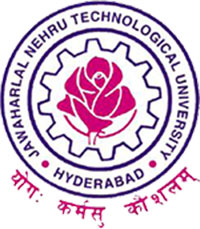
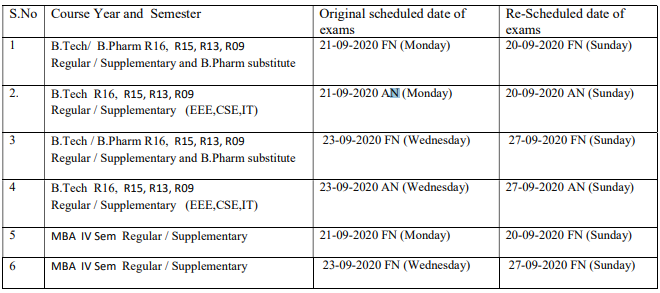

320-x100(1).gif)

